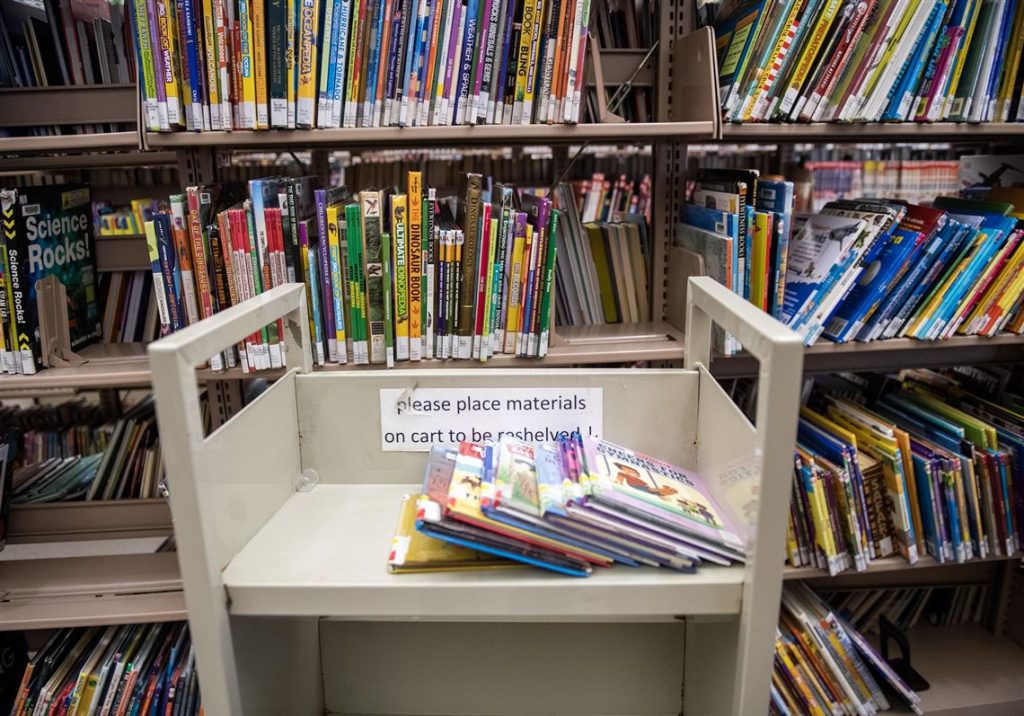The Pine-Richland School Board’s decision to exclude the novel Angel of Greenwood from its ninth-grade curriculum has sparked widespread controversy and debate. The meeting, which stretched late into the night on Monday, highlighted deep divisions among board members, administrators, and the community regarding the district’s approach to curriculum and book selection.
Set against the backdrop of the 1921 Tulsa Race Massacre, Angel of Greenwood by Randi Pink was proposed for inclusion in the curriculum as part of an updated Language Arts syllabus. However, after intense discussions and public commentary, the board voted 3-5-1 against its inclusion, despite initially approving a revised curriculum framework by a narrow 5-4 margin.
Divided Votes and Opinions
The decision was polarizing. Board members Joseph Cassidy, Ashley Fortier, and Amy Terchick voted in favor of including the book, while Phillip Morissette, Lisa Hillman, Marc Casciani, Christina Brussalis, and Michael Wiethorn opposed it. Leslie Miller abstained from voting.
Critics of the novel’s inclusion argued that it lacked the literary rigor necessary for ninth-grade students. Morissette, Hillman, and Brussalis raised concerns about whether the book met the standards required for the curriculum, sparking a prolonged debate about what constitutes suitable material for classroom instruction.
Tensions Among Stakeholders
The meeting, which lasted nearly five hours, was marked by heated exchanges. Audience members frequently jeered, clapped, and even shouted at board members, creating a tense atmosphere. At one point, Assistant Superintendent Michael Pasquinelli was interrupted repeatedly by board member Christina Brussalis, prompting loud protests from the audience.
The contentious discussions spilled over into the parking lot after the meeting, with verbal arguments continuing among attendees.
Voices of Advocacy
Several educators, students, and community members voiced their support for including Angel of Greenwood in the curriculum. Elissa Mitchell, the high school Language Arts Chair, urged the board to collaborate with educators on curriculum decisions.
“I’m here tonight in the spirit of collaboration urging you to work with us as we come to agreements on curricular decisions,” Mitchell said. “The only agenda I have is to teach kids and make them feel valued and respected.”
Pine-Richland senior Matteo Rotelli also advocated for the book’s inclusion, emphasizing the importance of allowing educators to guide students through challenging topics.
“Let them guide us through the tough conversations rather than pretending the tough conversations don’t exist,” Rotelli said. “When you ban books, you deny students the opportunity to learn, to question, and to grow.”
Ongoing Controversies
This debate is the latest in a series of disputes surrounding the district’s book and library policies. In 2023, a committee was formed to review 14 books challenged by parents, many of which featured LGBTQ themes. Superintendent Brian Miller ultimately recommended retaining the titles, but the board has since discussed implementing a revised policy that would grant it final authority over library resources.
During the Monday meeting, Brussalis attempted to resume discussions on the library policy, but the motion was defeated 8-1 after board member John Casciani threatened to leave if the topic was revisited.
Miller, who has been a vocal critic of the proposed library policy, reiterated his concerns about its potential negative impact.
“My first suggestion is that we pause and step back because what has been happening is not working,” Miller said. “We’re not on the same page. We can’t keep doing this.”
Community Backlash and Support
Many residents, parents, and alumni expressed frustration with the board’s decision-making process, accusing it of ignoring the expertise of educators. Over an hour of public commentary featured impassioned pleas for the board to reconsider its approach to curriculum development and book selection.
Supporters of Angel of Greenwood argued that the book offers valuable insights into historical events and fosters important discussions about race, history, and resilience.
A Broader Issue
The controversy over Angel of Greenwood reflects broader national debates about book bans and curriculum content. As schools grapple with how to address complex social issues, decisions like those made by the Pine-Richland School Board are increasingly scrutinized.
For now, the rejection of Angel of Greenwood places additional pressure on the district’s Language Arts department to develop alternative curriculum materials.
Conclusion
The Pine-Richland School Board’s decision has ignited passionate discussions about education, censorship, and the role of literature in fostering critical thinking. While the debate over Angel of Greenwood may be resolved for now, the underlying issues of curriculum policy and community trust remain unresolved.
Disclaimer – Our editorial team has thoroughly fact-checked this article to ensure its accuracy and eliminate any potential misinformation. We are dedicated to upholding the highest standards of integrity in our content.





More Stories
Controversy Over Curriculum: Pine-Richland Votes Against ‘Angel of Greenwood
Controversy Over Curriculum: Pine-Richland Votes Against ‘Angel of Greenwood
Controversy Over Curriculum: Pine-Richland Votes Against ‘Angel of Greenwood